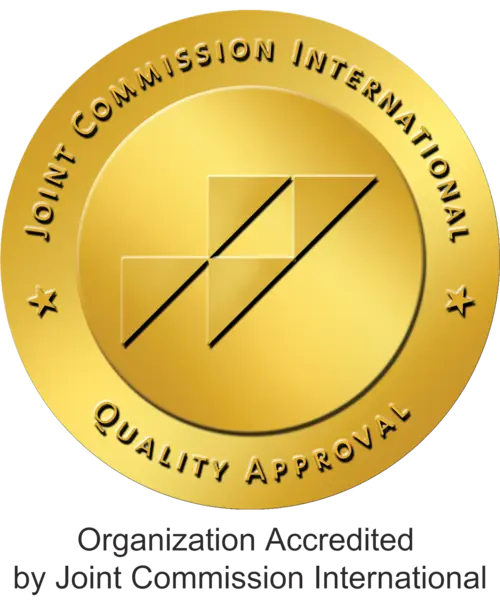Down Syndrome
Down Syndrome
While the number of chromosomes in a healthy person is 46, the number of chromosomes in people with Down syndrome is 47 from an excess of the 21st chromosome.
Down syndrome causes some problems that
affect the individual both mentally and physically.
Characteristics of Individuals with Down Syndrome
• Mild and moderate mental retardation may occur in individuals with Down Syndrome.
• Their faces are round and slightly flattened.
• It has an almond-shaped eye and flat nose structures.
• They have a thick neckline.
• Their necks are short and flat.
• They have a single line in the palms.
• His hands are short, his little fingers are short.
• The gap between one foot and the second toe is large.
• Individuals with Down Syndrome experience muscle laxity.
• They are short in size compared to other individuals.
• Metabolism of individuals with Down syndrome works slowly.
• Ears are a little small and located down.
• Bellies may be loose and curved.
Types of Down Syndrome
There are 3 different types of Down syndrome;
Trisomy 21: Individuals with Down syndrome are mostly in this group. Trisomy 21 is a kind of down syndrome caused by the presence of an extra chromosome in the 21st chromosome pair.
Mosaic: In the mosaic type of Down syndrome, there is only 3 part of the cells, not all of the cells. 8% of individuals with Down syndrome make up the mosaic group. It shows that the intelligence averages of the individuals in the mosaic group are higher than the others.
Translocation: It occurs when the excess of the 21st chromosome is paired with another chromosome and the cell sequence is disrupted. It is the only type of Down syndrome that can be inherited. 2% of individuals with genetic disorders are in the translocation group and are more likely to recur during other pregnancies.
Causes of Down Syndrome?
There is no research result that helps answer the question of Down syndrome causes precisely. Causes of Down syndrome; Drug use can be caused by various reasons such as alcohol, mother's age, troit antibodies, and radiation. However, none of these reasons presented has been scientifically certain. The most accurate data among these is the tight relationship between the increase in maternal age and the incidence of down syndrome. That is, it has been scientifically proven that the increase in the rate of down syndrome is proportional to maternal age.
However, the idea that every woman who is a mother at a late age will have a baby with down syndrome is also wrong. Age is only a factor that increases the probability. For example; While the probability of a 20-year-old expectant mother to give birth to a baby with Down syndrome is 1 in 2000, the probability of a 45-year-old expectant mother to bring a baby with Down syndrome increases to 1 in 30. In addition, recent studies show that not only the mother's egg but the father's sperm can also be effective in Down syndrome.
Treatment of Down Syndrome
Down syndrome is a genetic difference. Down syndrome is not a disease that needs to be treated. Down syndrome is a genetic disorder that continues throughout the life of the individual, but there are many support and education programs that can help both the patient and the family. With good medical support and the right level of support for an individual with Down syndrome, individuals with Down syndrome can make friends, go to school, get a job and decide for their lives and future.




